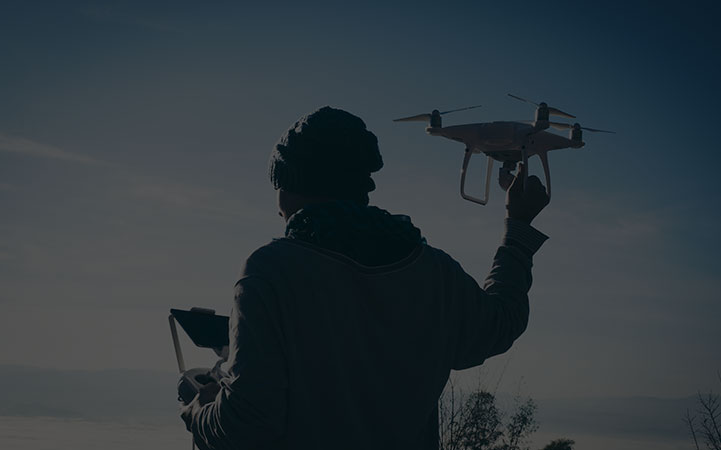by Anthea
Why recreational drone pilots should be trained to avoid liability claims
With price ranges between R1,000 and R100,000, drones have fast become a common phenomenon not only as tools in commercial fields, but as a hobby for consumers. But while South Africa's regulations on drone operation have had significant licensing cost implications for businesses, consumers may be at the highest risk for financial loss.
This according to Johannes du Plessis, legal advisor at RBS (Risk Benefit Solutions Pty) Ltd. who states that insuring commercial drone operators against liabilities is significantly easier than providing cover for private operators.
“The legal regulations formulated by the South African Civil Aviation Authority (SACAA) require a pilot operating drones for reward to be trained by a flight school once it reaches certain heights and distances. The training is important here since the drone pilot officially learns the legal restrictions of flying the drone, needs to display competence in operating the equipment, and is required to pass a health examination,” Du Plessis says.
“As a result of such training, insuring against the loss of a commercial drone under a drone insurance policy, and insuring a pilot against any liability for damages or injury under such policy is relatively simple, since most of the risk management controls are already in place. The result of this is also the fact that the number of incidents among trained drone operators are lower than that of untrained drone operators, he adds.
On the other hand, insurers are only prepared to offer very limited cover to recreational drone users. “These policies do not cover loss or damage while the drone is in use, and pilot liability is also excluded. This puts them at an increased personal risk of exposure,” Du Plessis says.
Du Plessis points out that recreational operators are under no obligation to undergo training, and as a result, the number of incidents among recreational operators are also very high. Training at an accredited aviation school also costs around R12,000 per person, which often dissuades recreational pilots.
“While there are no legal requirements for recreational drone pilots to undergo training, becoming trained and commercially licensed puts the pilot in a position to obtain full cover. Cover would in this case include liability, minimizing their personal exposure,” Du Plessis says.
The risks for untrained recreational users are also much higher than they might comprehend, according to Du Plessis. While drones have been shown to be able to cause significant injury if they collide with individuals, a single drone is also capable of causing much more harm, he says.
“A drone that loses control and veers onto a motorway, for example, has the potential to cause not only damage to property including motor vehicles, but also injuries and deaths. Also keep in mind that the number of drone incidents that were involved in near misses with passenger jets increase year on year, representing a growing risk of loss of life.”
“Untrained and uninsured drone pilots therefore not only open themselves up to millions of Rand in civil liabilities resulting from injuries, deaths, and damage property, but also to criminal liability for injuries and deaths, and damage to property,” he warns.
Ultimately, Du Plessis argues that recreational drone pilots should seriously consider training at an accredited aviation school, thereby increasing chances that they are indeed insurable. “Training may be expensive compared to the cost of a toy drone, but the risk of not being insured far outweighs any cost implications to a recreational drone pilot in this case,” Du Plessis concludes.
